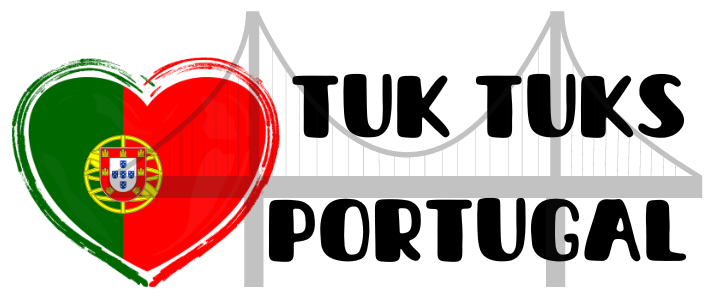The Cultural Impact of Tuk Tuks in Portugal
Introduction to Tuk Tuks
Tuk Tuks, also known as auto rickshaws or three-wheelers, are a popular mode of transportation in many countries around the world. These small, motorized vehicles are often used for short-distance travel and provide an affordable and convenient way to navigate through congested urban areas. While Tuk Tuks have their origins in Asia, they have made a significant cultural impact in Portugal.
Origin of Tuk Tuks
Tuk Tuks were first introduced in Thailand in the 1960s as a solution to the increasing traffic congestion in Bangkok. They quickly gained popularity due to their maneuverability and ability to navigate narrow streets. Since then, Tuk Tuks have become a common sight in many Asian cities and have expanded their reach to other parts of the world, including Portugal.
Tuk Tuks in the Tourism Industry
Portugal attracts millions of tourists each year, and Tuk Tuks have become a popular choice for sightseeing and exploring the country’s rich cultural heritage. These compact vehicles provide a unique and immersive experience for tourists, allowing them to navigate through narrow streets and discover hidden gems that may be inaccessible to larger vehicles. Tuk Tuk tours have become a thriving business in Portugal, offering visitors an alternative way to discover the country’s landmarks and attractions.
Tuk Tuks in Portuguese Culture
Influences on Daily Life
Tuk Tuks have seamlessly integrated into the daily lives of many Portuguese people. They are often used for short commutes and provide a convenient transportation option for those who prefer not to drive or use public transport. Tuk Tuks have become a familiar sight on the streets of Portugal’s cities, contributing to the vibrant and diverse urban landscape.
Integration with Local Traditions
In addition to their practical use, Tuk Tuks have also become associated with Portuguese traditions and cultural events. They are often seen during festivals, parades, and other celebrations, adding a touch of charm and uniqueness to these occasions. Tuk Tuks have become an emblem of Portuguese culture, representing the country’s ability to blend modernity with tradition.
The Role of Tuk Tuks in Portugal’s Economy
Tuk Tuk Business Opportunities
The rise of Tuk Tuks in Portugal has created new business opportunities. Many entrepreneurs have started their own Tuk Tuk rental and tour companies, providing employment and contributing to the local economy. These businesses cater not only to tourists but also to locals who appreciate the convenience and novelty of Tuk Tuks as a mode of transport.
Rising Employment in the Tuk Tuk Industry
The growth of the Tuk Tuk industry has also led to an increase in employment opportunities. Tuk Tuk drivers, tour guides, mechanics, and other related positions have seen a rise in demand. This has provided individuals with new job prospects and has contributed to reducing unemployment rates, particularly in areas that heavily rely on tourism.
Environmental Impact of Tuk Tuks in Portugal
Electric Tuk Tuks and Sustainability
As environmental concerns continue to grow, the introduction of electric Tuk Tuks has helped mitigate the impact of traditional gasoline-powered vehicles. Electric Tuk Tuks produce zero emissions, reducing air pollution and noise pollution, making them a more sustainable transportation option. The adoption of electric Tuk Tuks in Portugal aligns with the country’s commitment to environmental sustainability.
Traffic Congestion and City Planning
Tuk Tuks have played a role in addressing traffic congestion in Portuguese cities. Their small size allows them to navigate through narrow streets and congested areas more easily than larger vehicles. By offering an alternative mode of transport, Tuk Tuks help alleviate traffic congestion, contributing to smoother traffic flow and improved city planning.
The Future of Tuk Tuks in Portugal
Challenges and Expansion
While Tuk Tuks have gained popularity in Portugal, they also face challenges. Regulations and licensing requirements need to be established to ensure the safety and quality of services provided by Tuk Tuk operators. Additionally, as the industry continues to grow, competition among Tuk Tuk businesses may intensify, requiring operators to innovate and differentiate their services to remain competitive.
Innovation and Evolving Traditions
The future of Tuk Tuks in Portugal lies in innovation and the ability to adapt to changing demands. Tuk Tuk operators can explore new routes, develop themed tours, and incorporate technology to enhance the customer experience. By embracing innovation and evolving traditions, Tuk Tuks will continue to play a significant role in Portugal’s cultural and economic landscape.
